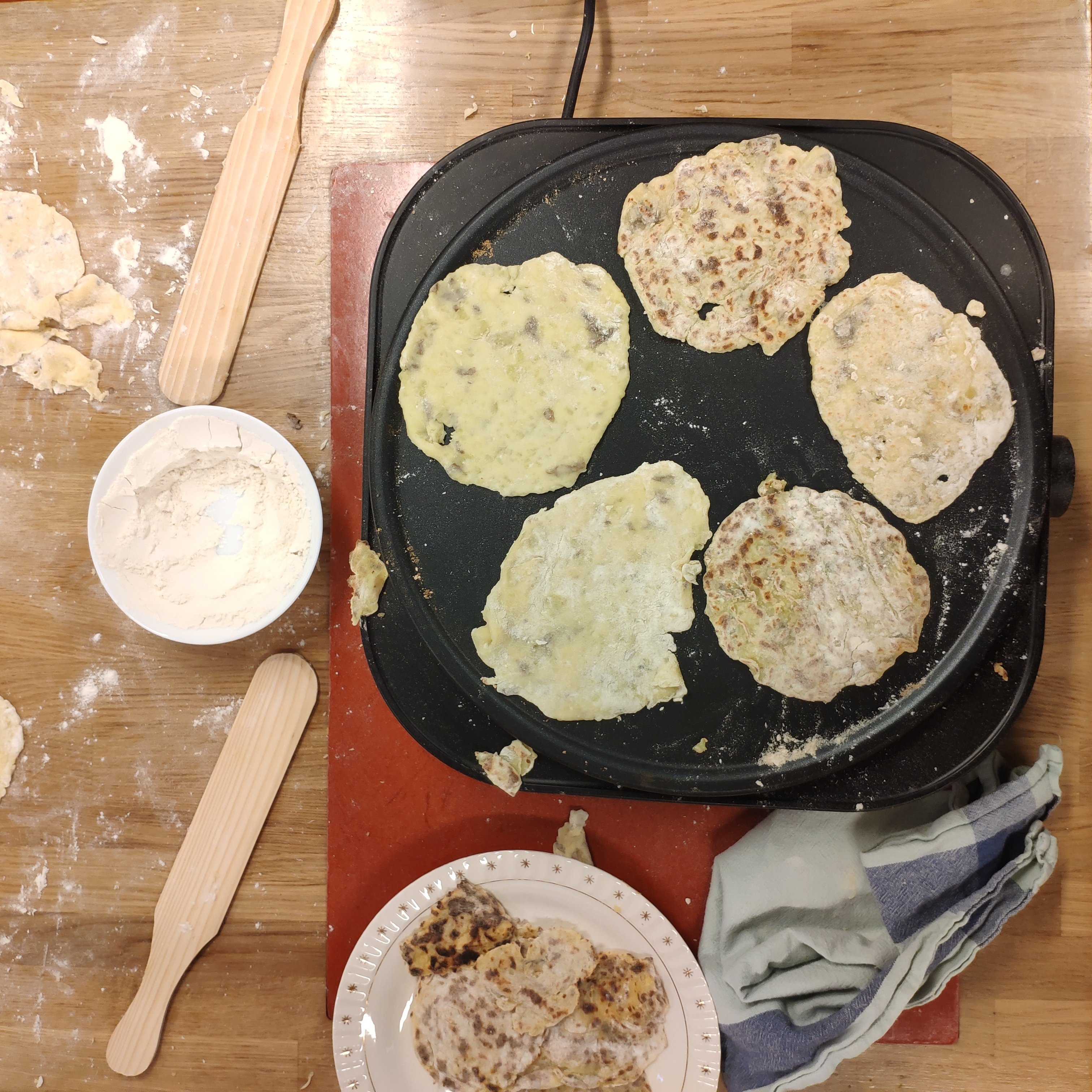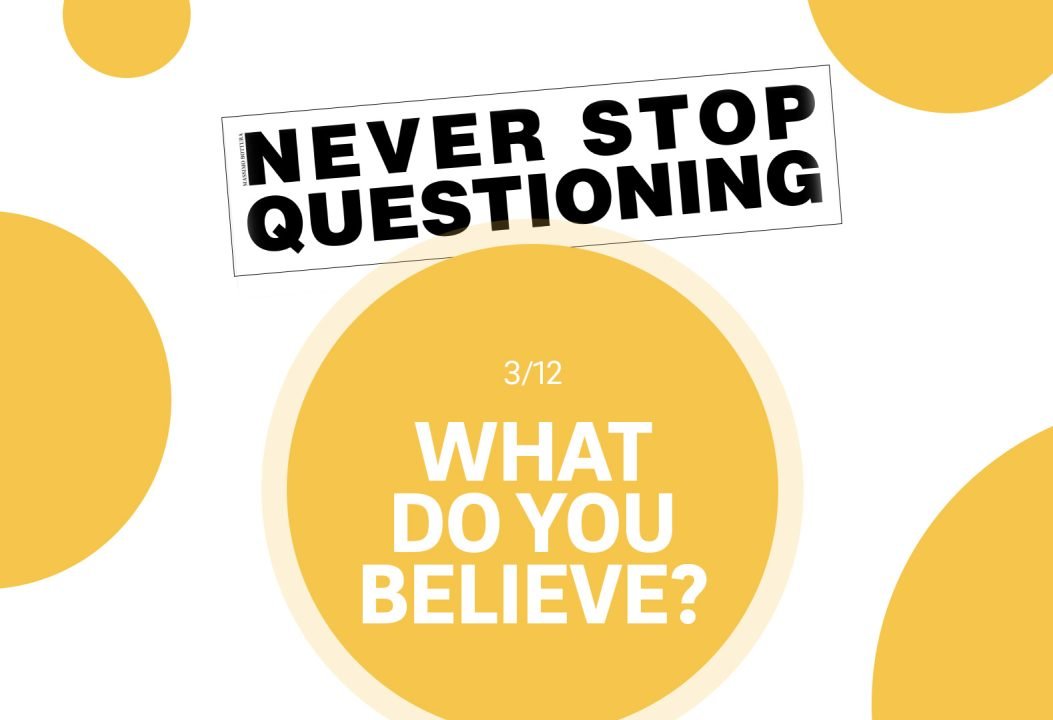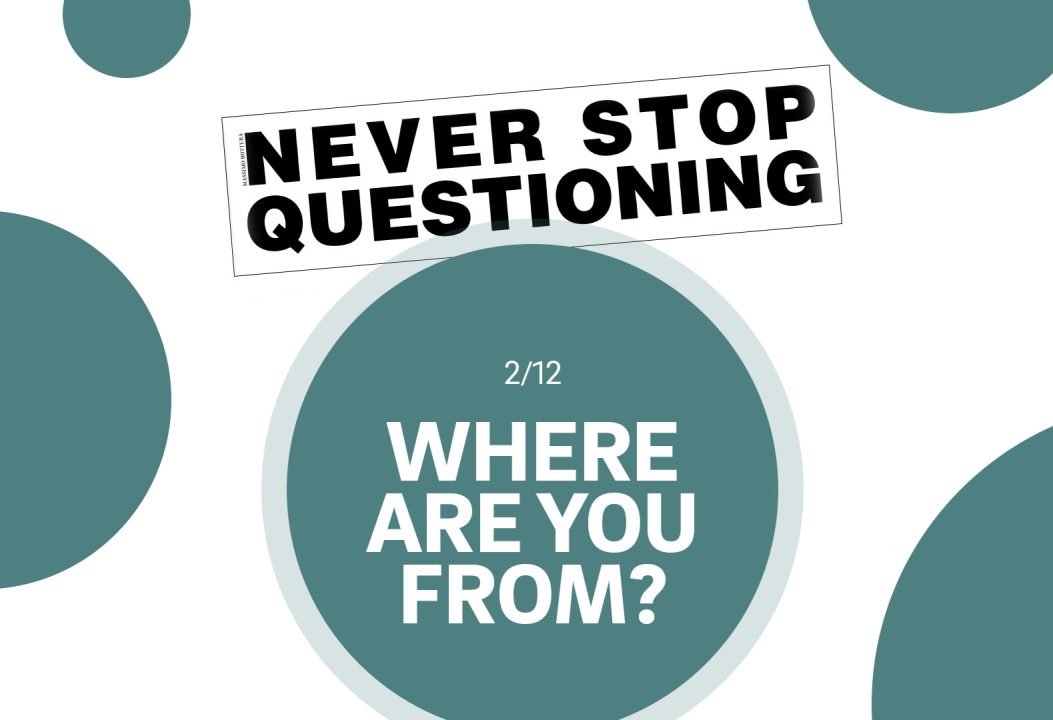Food for soul uses cookies strictly necessary for the proper functioning of the website, for its legitimate interest to enhance your online experience and to enable or facilitate communication by electronic means. To learn more about cookies please see our Cookie Policy
- About Us
- News and Stories
- News
- Changing the game

Credits: Food for Soul
With a background in art and an unbeatable determination to make the world a little more inclusive, Ragnhild Slettner saw the potential in what most considered a crisis. “The refugee crisis for me was a challenge,” she told an audience of 400 at the Parabere Forum in Oslo last Sunday. “Nobody asks them what they wanted to do before coming here, what their dreams were before fleeing their countries. I wanted to change that and give them the chance to work and start a new life in Norway.” Thanks to her efforts, she opened the Aleppo Bahebek with a group of syrian refugees, a food stall in the heart of Oslo that sells authentic Syrian food prepared with organic Norwegian ingredients. Needless to say, the experiment was a success and two years later Ragnhild is replicating the model with a group of Eritrean women empowering them to be independent again.
Ragnhild’s speech was one of many powerful and emotional experiences that were shared last weekend from the stage of Oslo’s National Theatre, where the Parabere Forum was held. Now in its fifth year, the two-days event gathers thought-leaders in gastronomy, food and nutrition to create a powerful, global network able to strengthen the influence of women in the food sector. This year, the speakers lineup included personalities the likes of Alice Waters, Dominique Crenn, Helene Darroze, Kylie Kwong and Olivier Roellinger, who spoke about their efforts to change the game in the food industry by committing to sustainability, equality and education.
Of the importance of education in promoting a healthy, sustainable and just food system for all, Alice Waters has certainly been the most outspoken advocate: “When we eat, we also digest the values that are in our food. We are literally what we eat,” said the Californian chef-turned-activist, who launched the Edible Schoolyard program in 1995 with the aim of involving students in the experience of growing, harvesting, preparing, and sharing food as a means of fostering knowledge of food systems.
Since then, the Edible Schoolyard program has inspired a wealth of initiatives around the world. One of them, a city farm called Geitmyra, is right in the heart of Oslo. There, children aged 7-16 learn to make healthy and sustainable food choices by growing, harvesting and cooking the food they eat. On the first day of the event, participants had the chance to visit the farm, speak with the staff and meet a few of the children who take part in the project. The visit produced an inspiring exchange of ideas and a dozen Lefse, traditional Norwegian potato tortillas that participants prepared with the help of three young students from Geitmyra.

Albeit in different ways, the speakers at this year’s Parabere Forum were all proposing an alternative vision for the food industry, one that dumps toxicity and self-promotion to celebrate social and environmental responsibility. Food for Soul’s Director Cristina Reni, who was invited to speak at the event, talked about the importance of self-reflection in the development of community projects: “Every Refettorio and Social Tables project is a learning experience. We turn ideas into action, we execute, but then it’s important to evaluate the work done and understand how to improve it.” The concept behind the Refettorio model might have started with the idea of recovering food waste, but it has evolved into something more complex and at the same time more inclusive and sustainable. Our biggest impact is in the Quality of the Ideas that we bring together. For us, this means seeking the ideas and expertise of community members, chefs, artists, and organisations who can help us to improve, evolve and create new opportunities for the local community as a whole. “It’s about tying knots, making connections, taking things that are apart and lace them,” concluded Cristina.
News and Stories
Your Gift Will Help Us Make A Difference Today
Would you help us create a socially inclusive world where no food is wasted, communities are food sufficient and have the tools to thrive?



